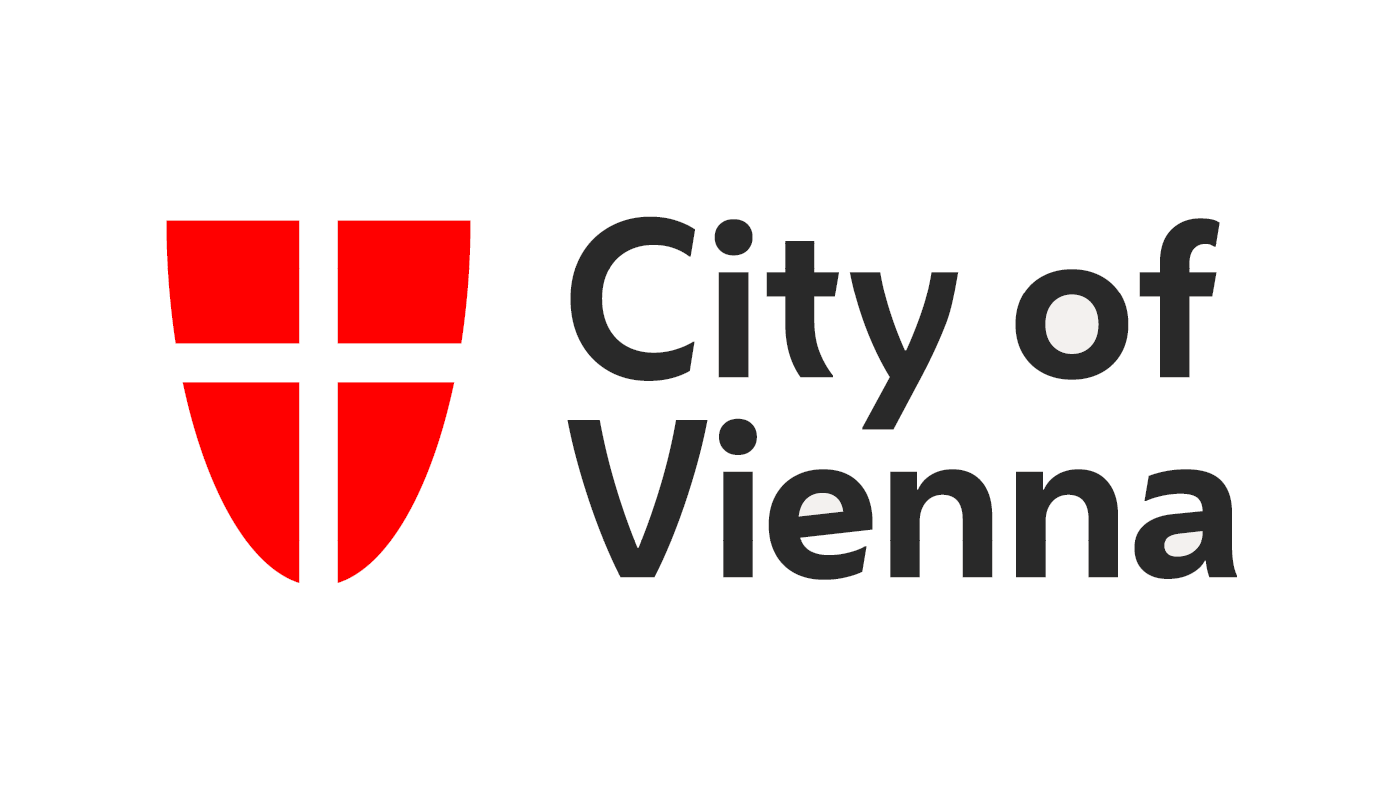Persad (2019, p. 34) asks two fundamental questions: “(1) What are the criteria for a good society? (2) What are acceptable differences in what people enjoy within and between societies?”. To answer the first we must look at metrics that can be actually assessed and judged. In health three such metrics are commonly applied: Resources, capabilities and welfare (cf. Daniels 1990). Persad (2019) defines these as follows:
- Resources denote the distribution of primary goods, such as income and wealth, in a society.
- Capabilities encompass liberties to engage in ‘various activities’. Among such capabilities are bodily integrity and health, practical reason and emotions.
- Welfare concerns the distribution of welfare in society, i.e. distribution of preference satisfaction and of ‘mental states of pleasure’.
To answer the second question Persad (2019) distinguishes between non-correlative and correlative principles of distributive justice. They include utility maximisation and giving priority to the worst-off (prioritarianism). Additionally, there is egalitarianism and sufficientarianism. Egalitarianism has the objective to minimise inequalities in distribution. While prioritarianism relates to the absolute position of the worst-off, egalitarianism focuses on the gap between those that are worst-off and better-off. Sufficientarianism wants to avoid that any person falls below a predetermined threshold (Persad 2019).
“Correlative principles aim to correlate what people receive with some other dimension of life in which they differ” (Persad 2019, p. 38). The three most common correlative principles are contribution, effort and tradition. Contribution entitles persons to a share of resources relative to what they have achieved to increase the amount available to be redistributed. Effort reimburses people for their individual effort, so that someone who has put in more effort also receives more resources. Tradition redistributes resources to people in the way they have received historically and traditionally. It is also quite common and adequate to combine two or more principles of distributive justice in defining what the optimal allocation of a scarce resource is both to individuals and to scholars. While medical decision making refers to health equity and focuses on individual-level allocations, public health has a population-level emphasis tied to political philosophy and distributive justice (Persad 2019).
In context of the COVID-19 pandemic Emanuel et al. (2020, p. 2050) present “Ethical Values to Guide Rationing of Absolutely Scarce Health Care Resources in a Covid-19 Pandemic”. Their framework distinguishes between eight ethical values to treat patients during a pandemic, two of each are categorised in one broader principle of ethical treatment. The resulting four core principles are as follows: To maximise benefits, to treat people equally, to promote and reward instrumental value, and to give priority to the worst off (also see e.g. Hulsbergen et al. 2020; White 2020; Joebges and Biller-Andorno 2020).

